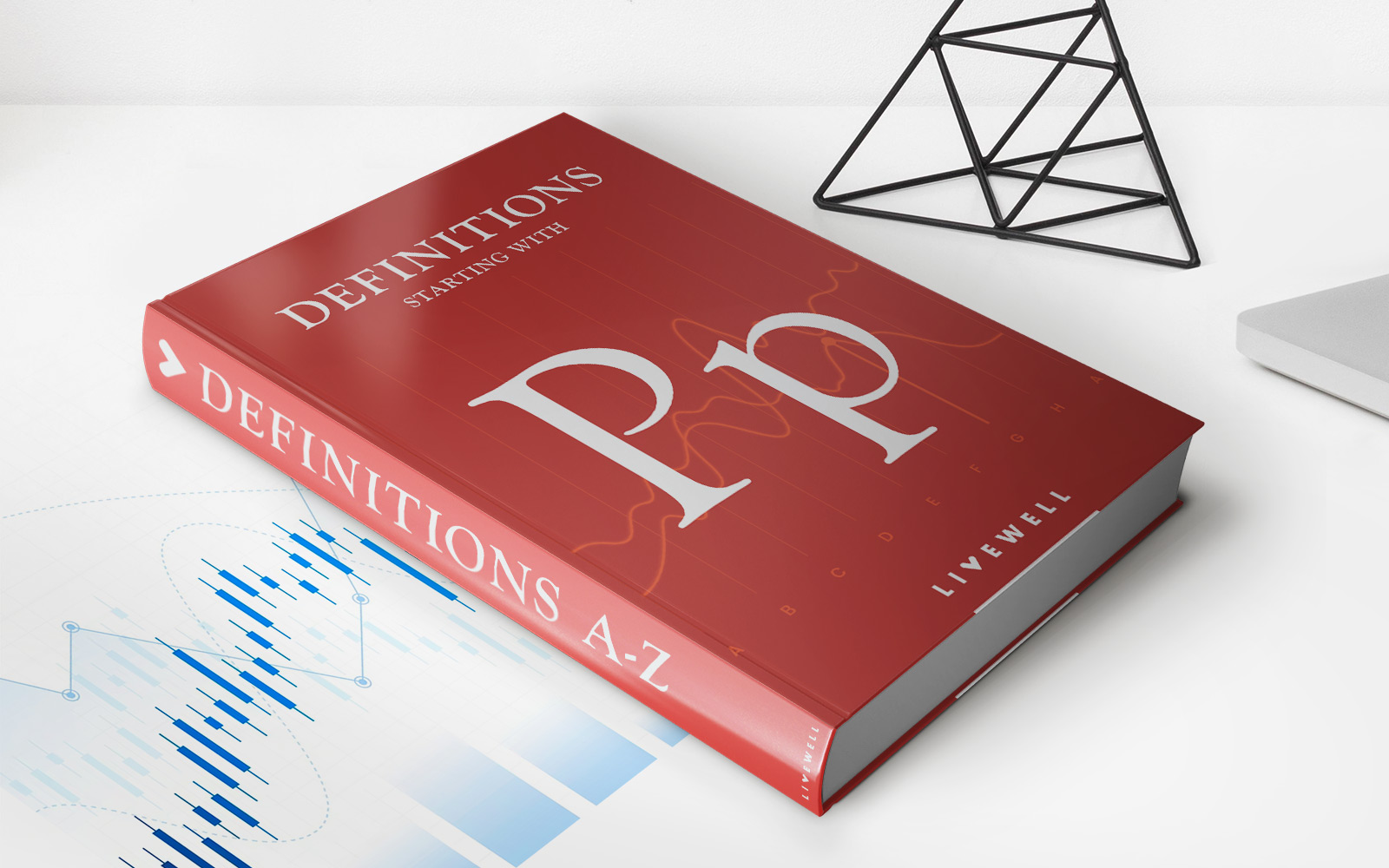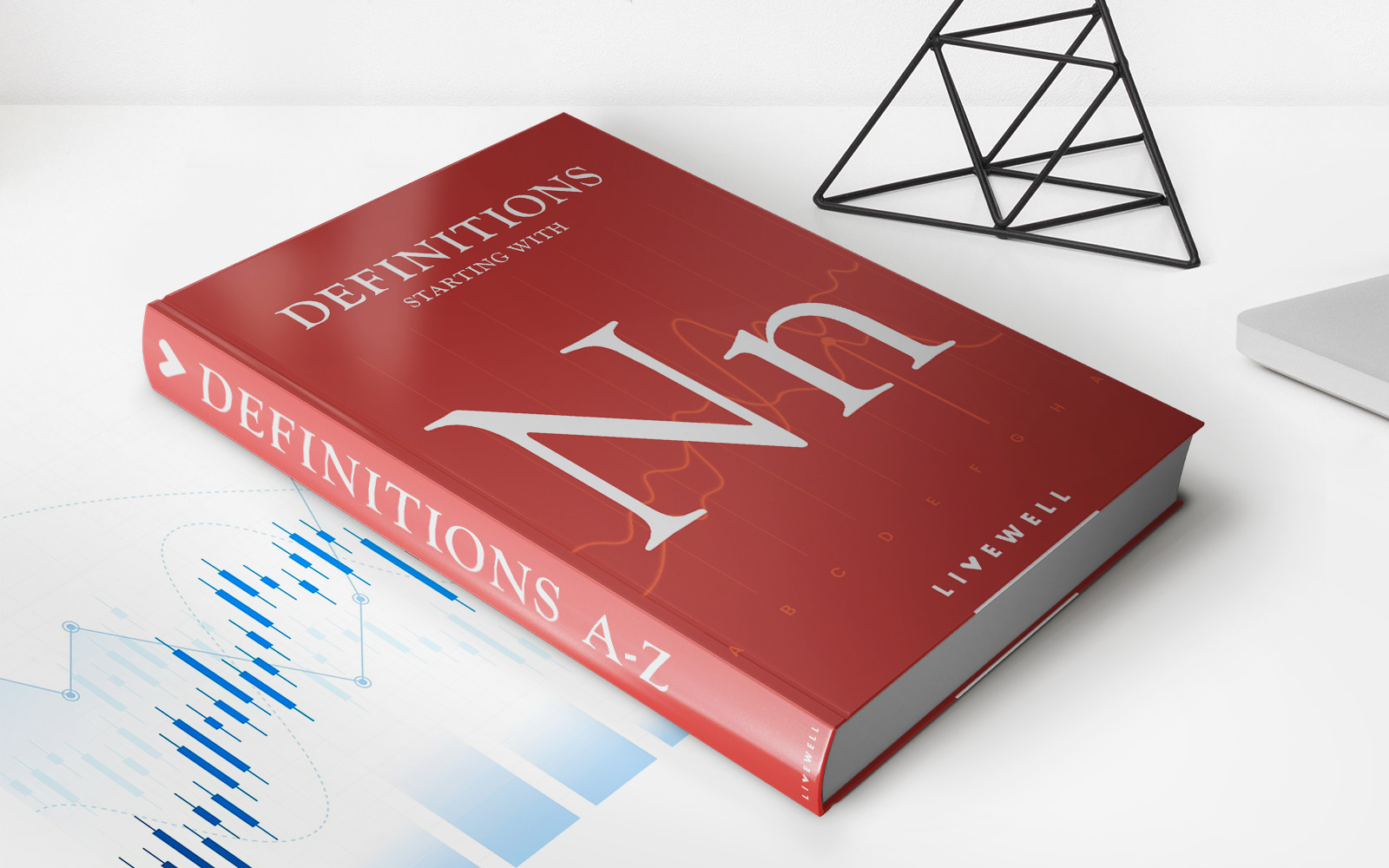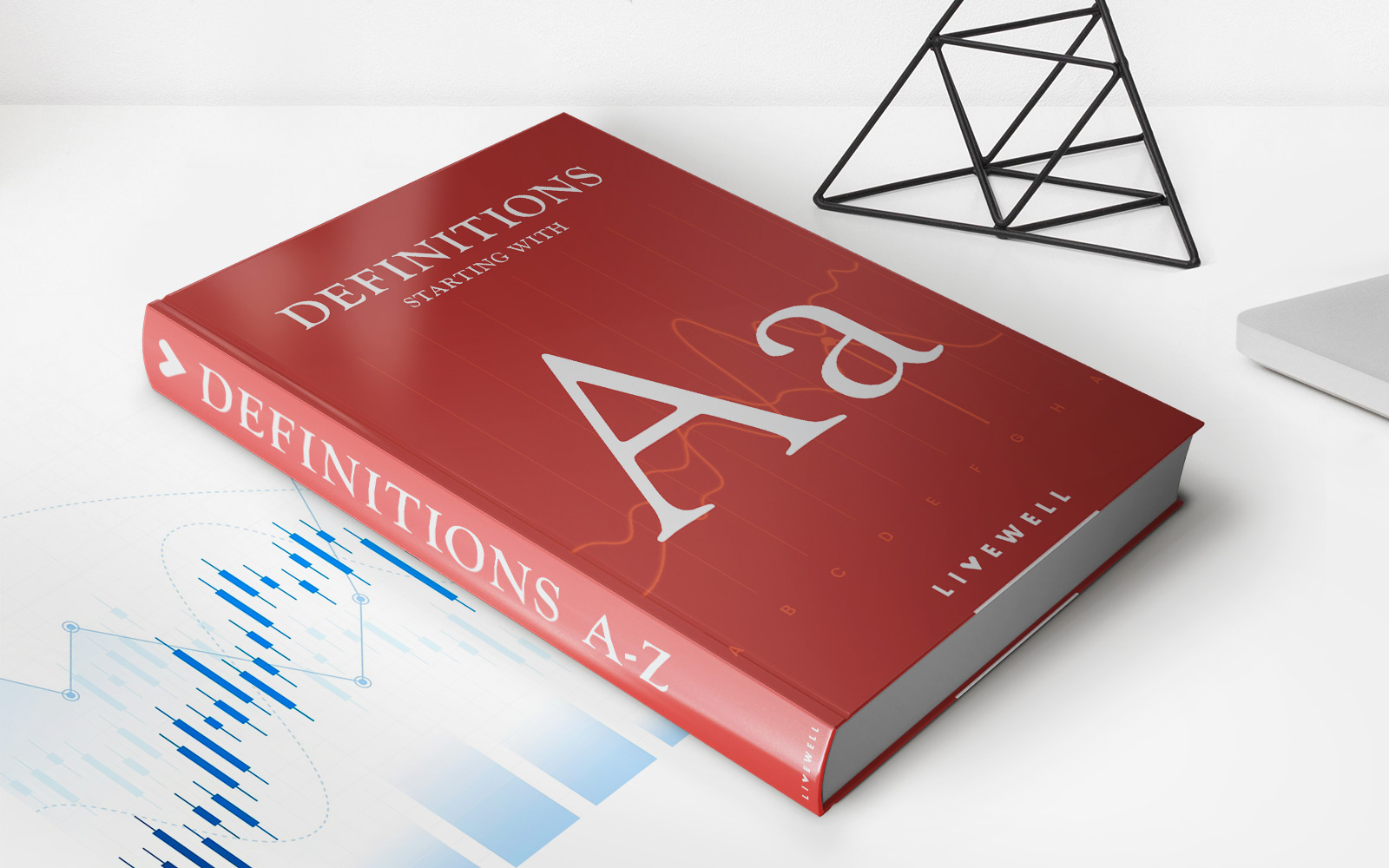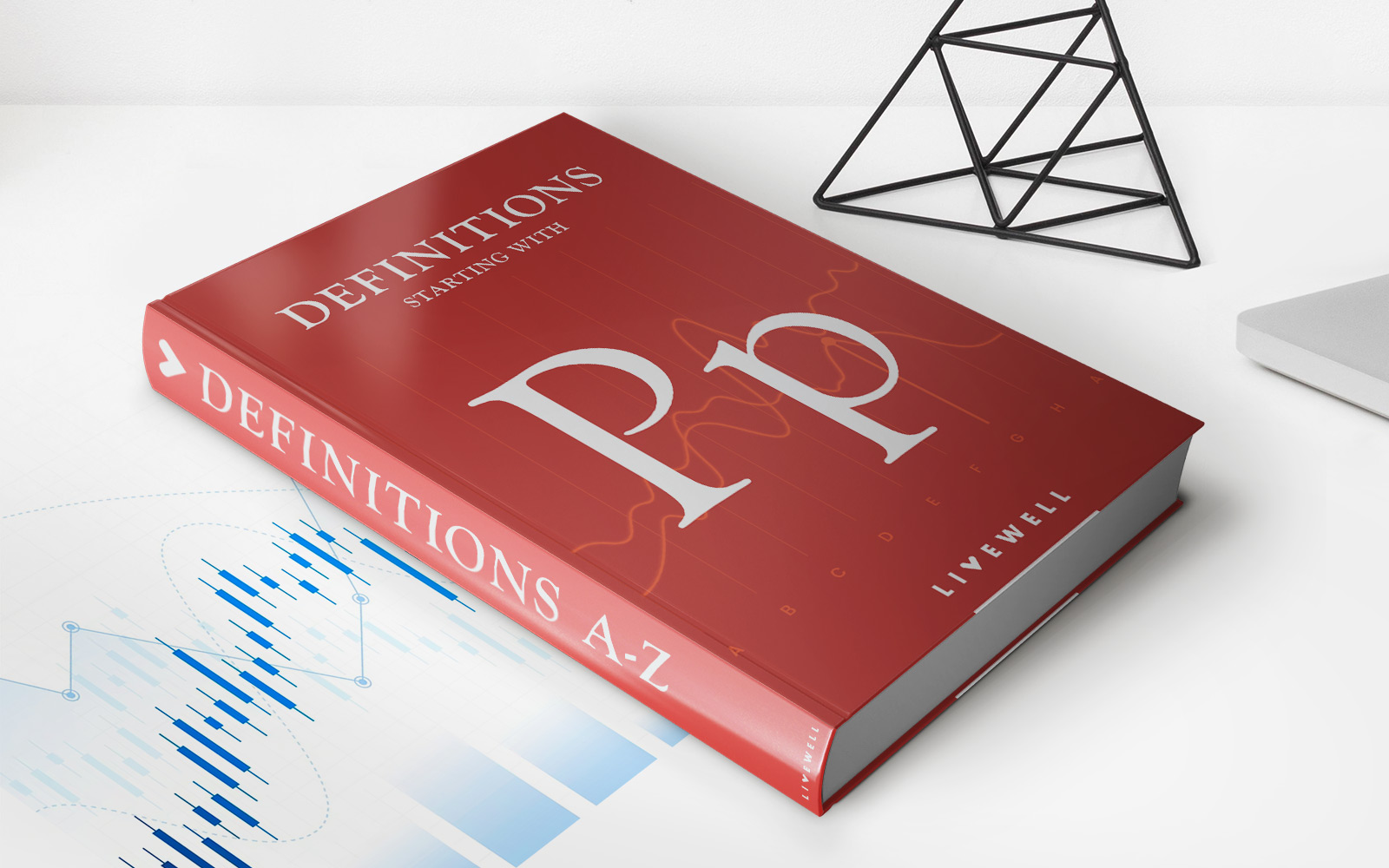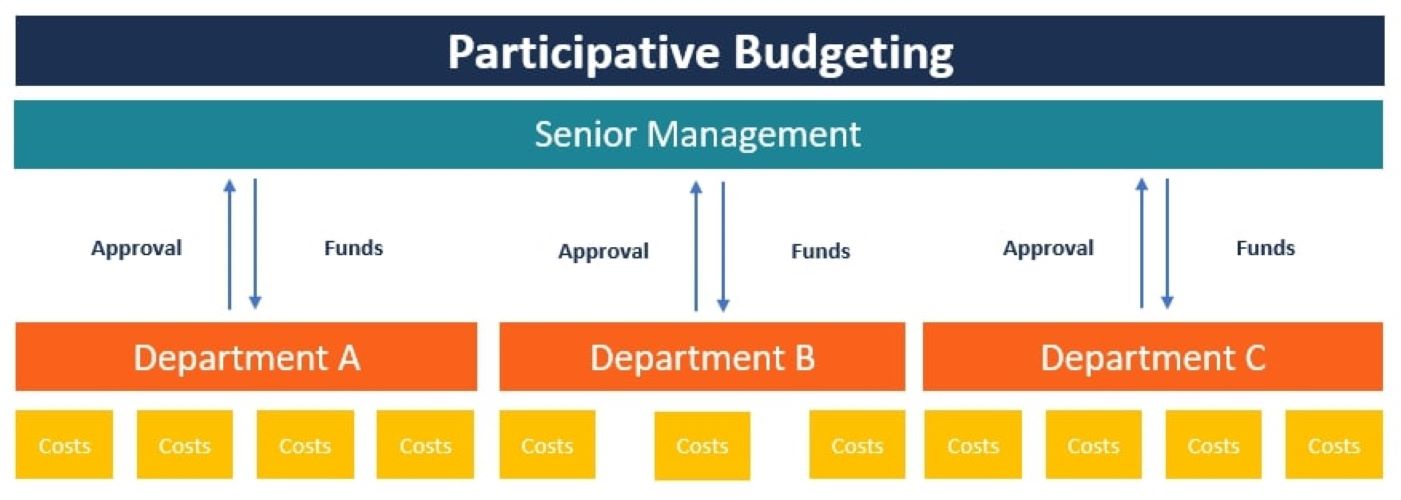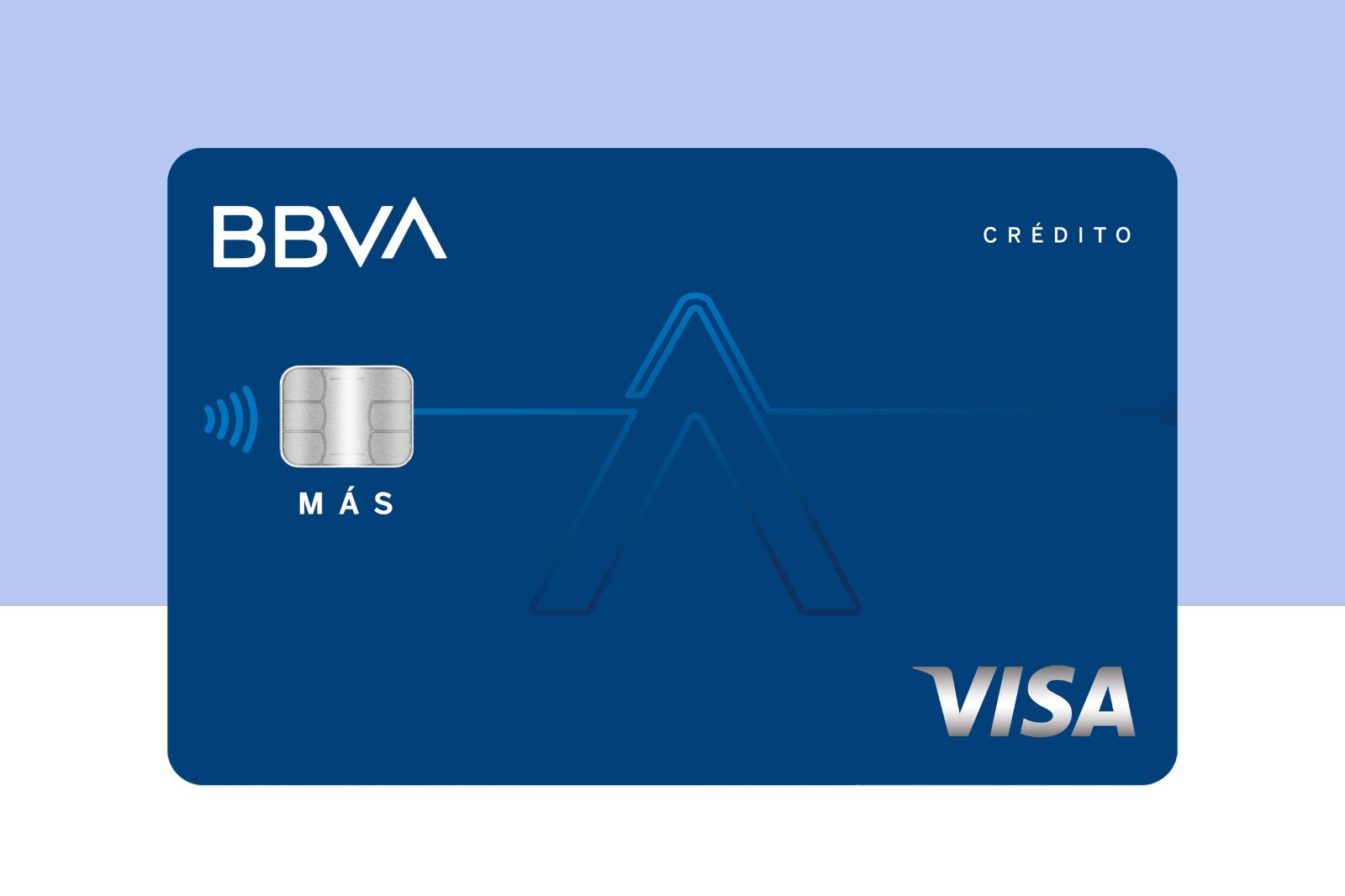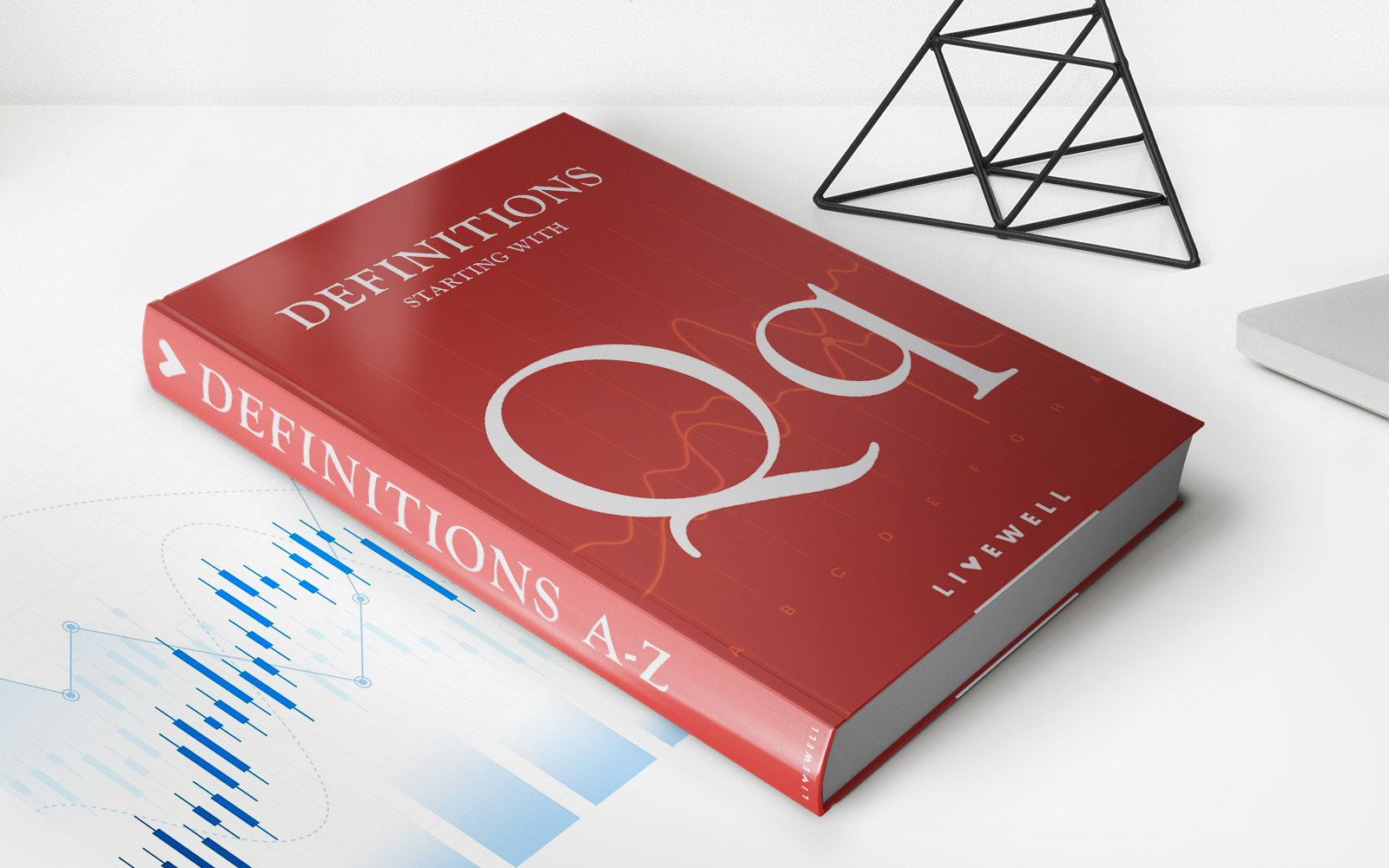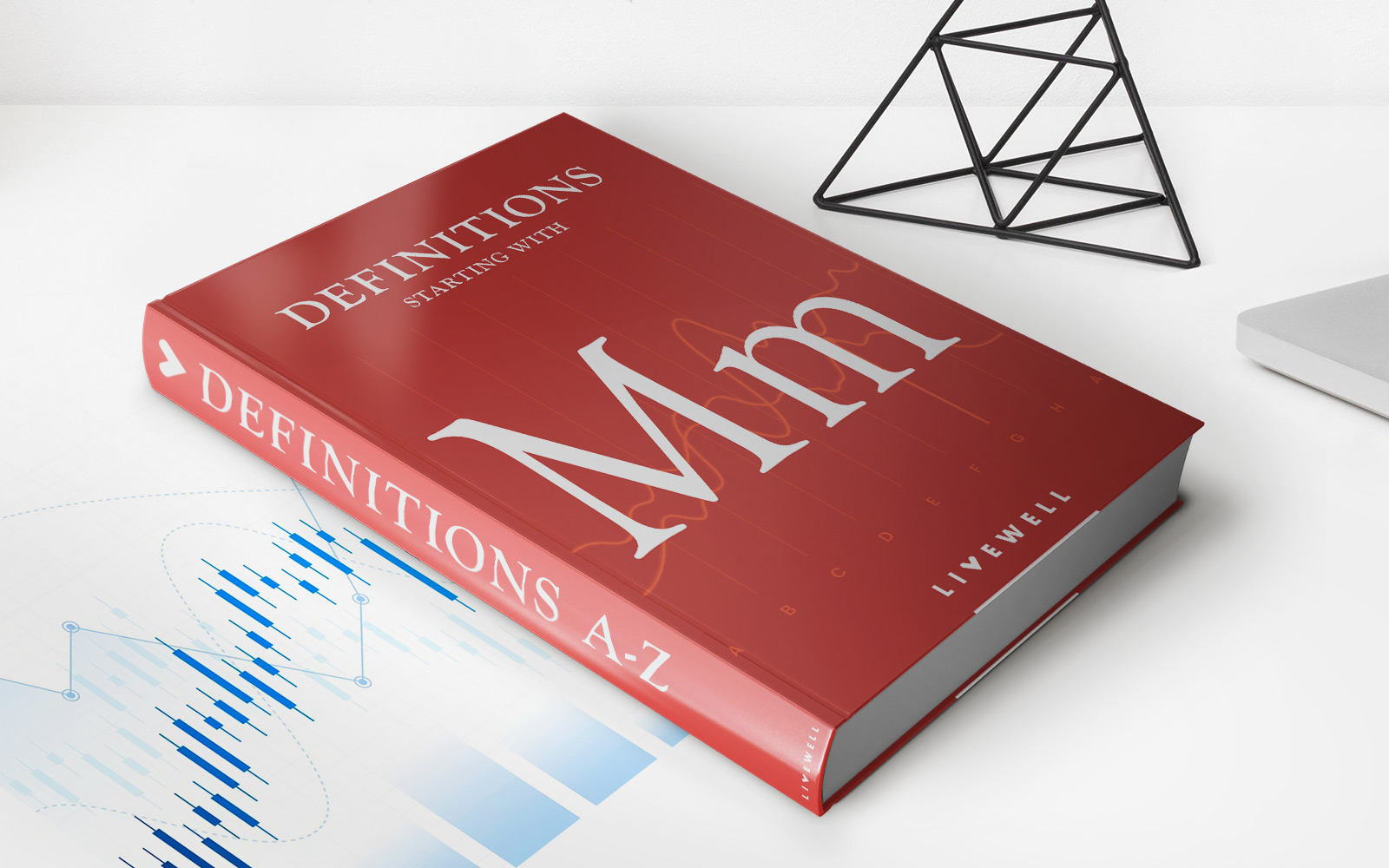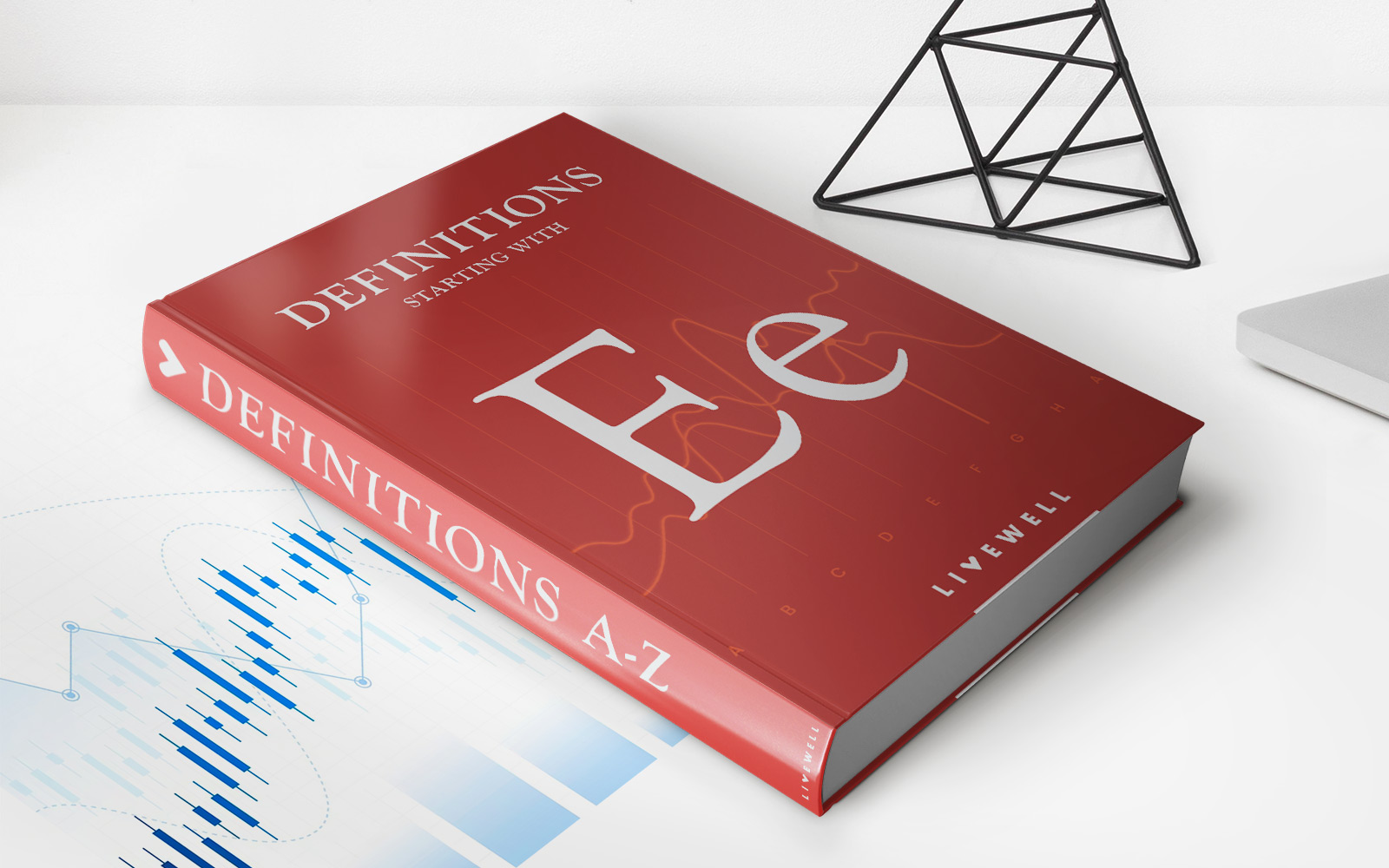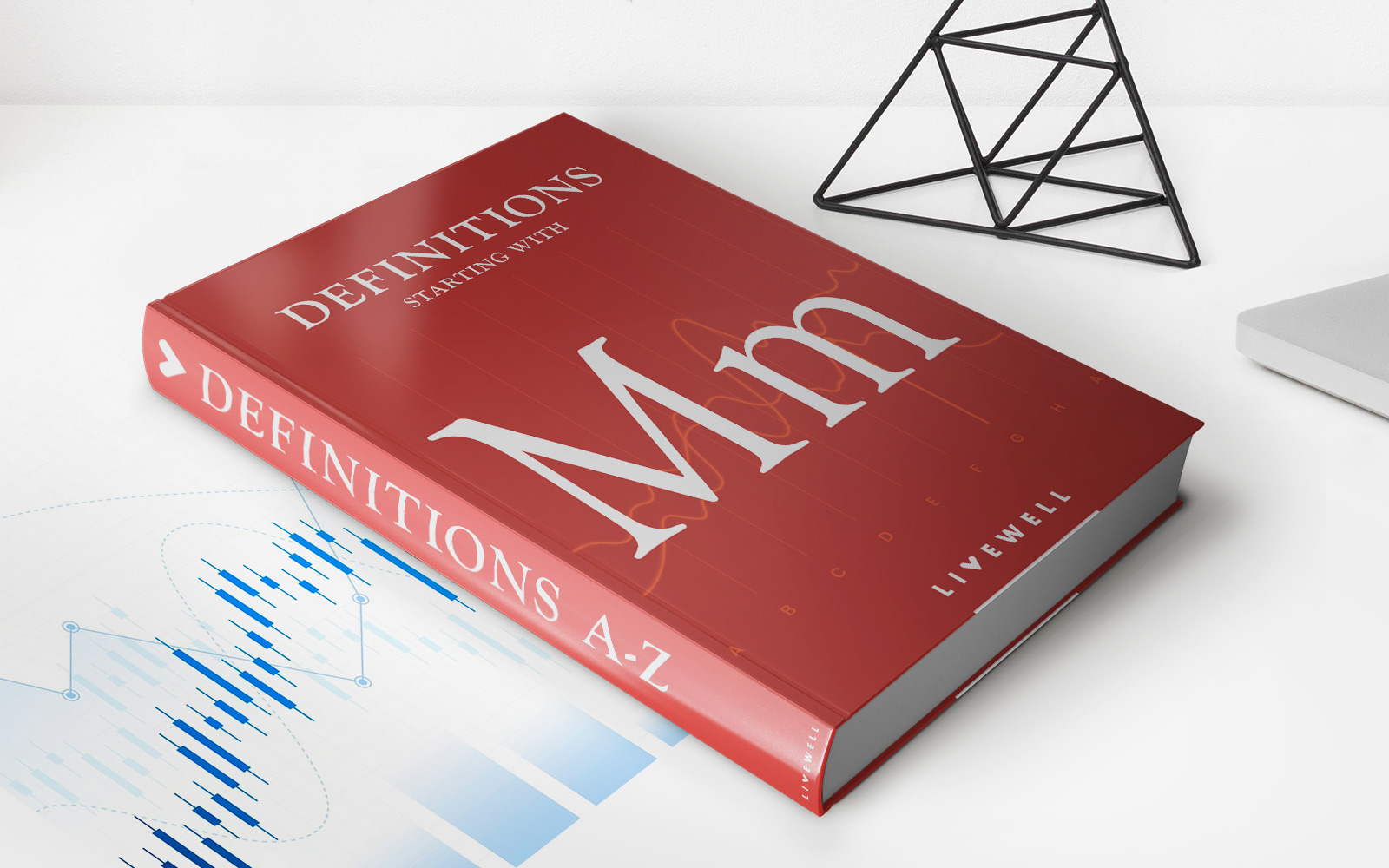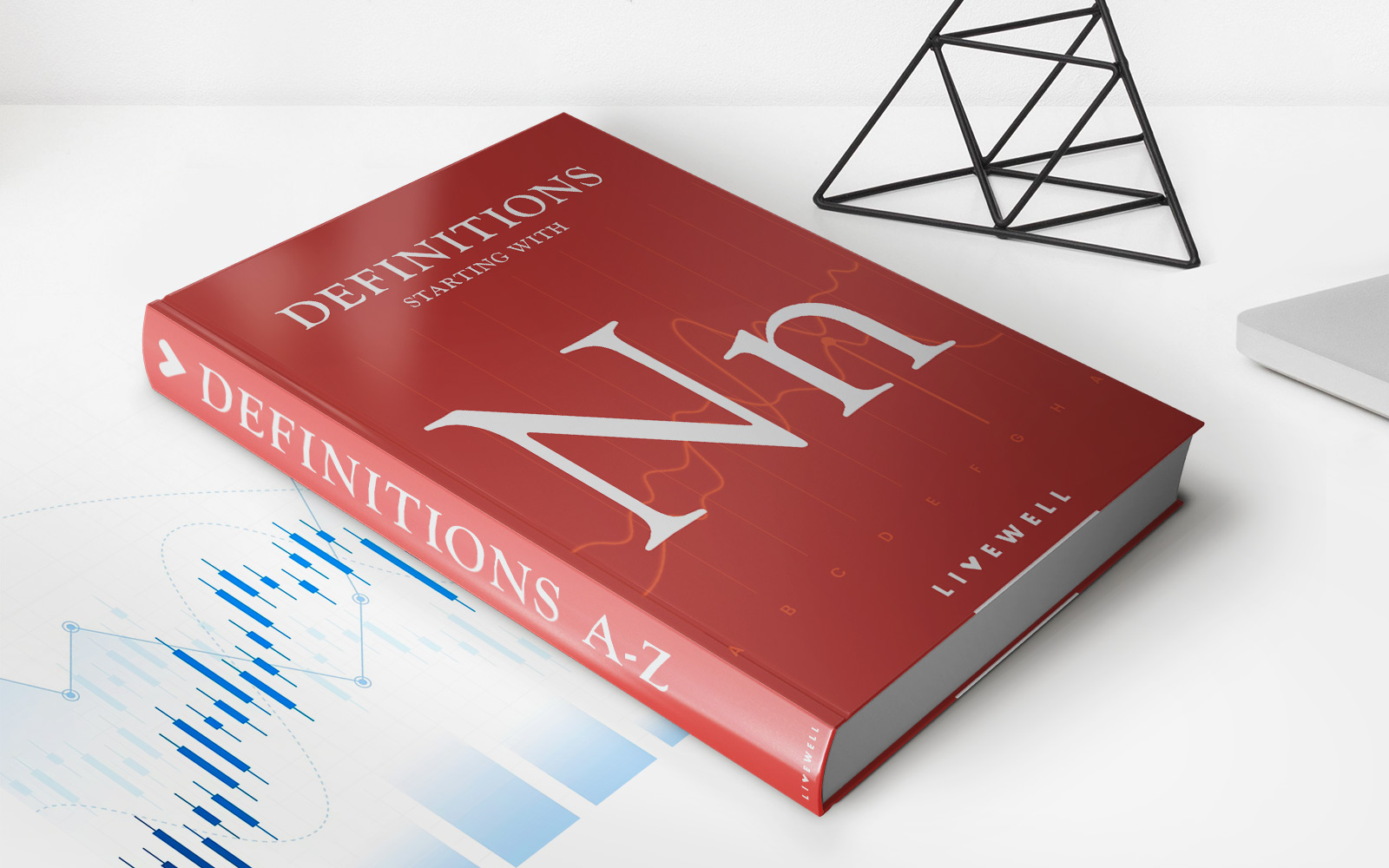Home>Finance>Eligible Contract Participant: Definition And Qualifications
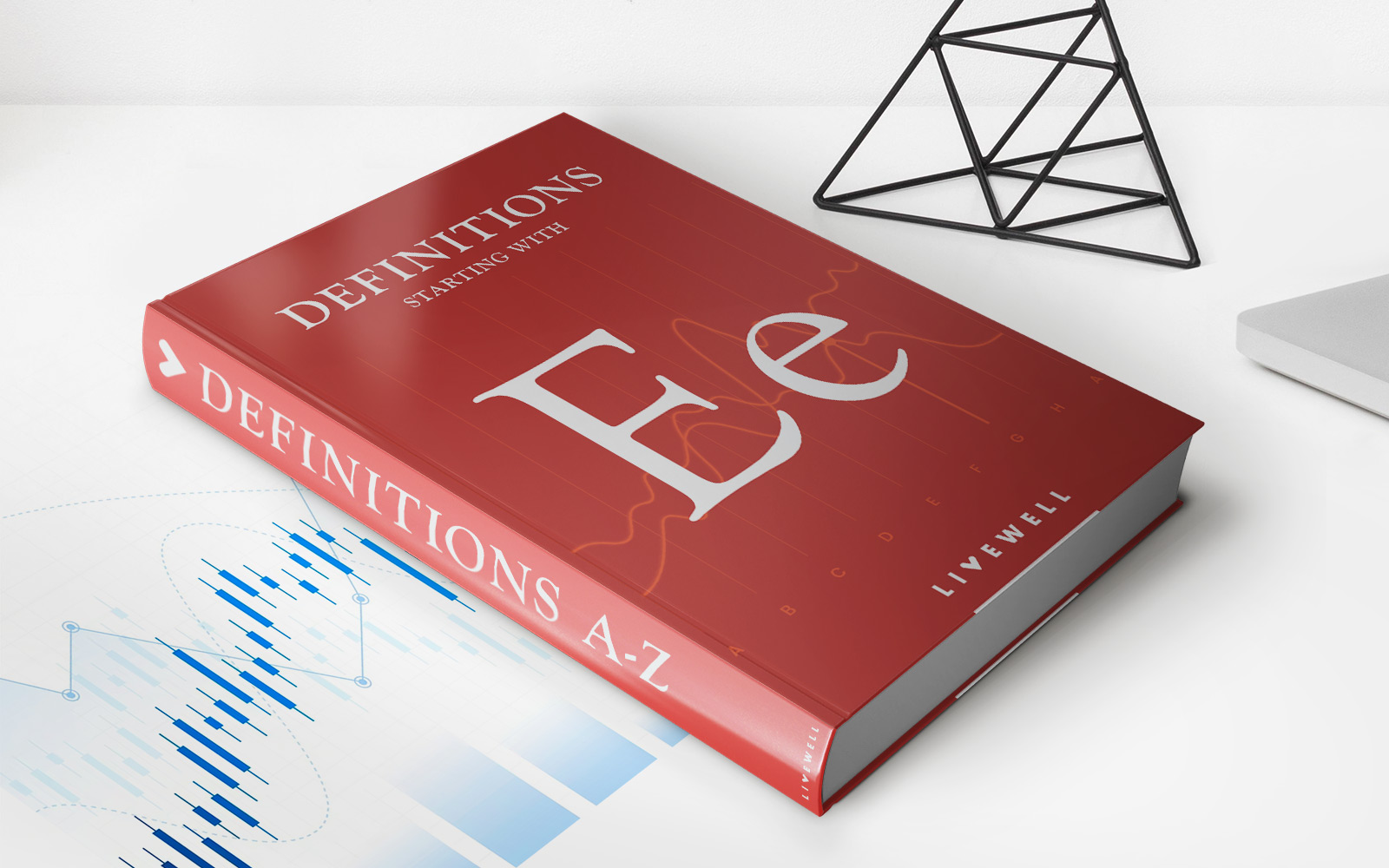

Finance
Eligible Contract Participant: Definition And Qualifications
Published: November 17, 2023
Learn about the definition and qualifications of an Eligible Contract Participant in the field of finance. Discover if you meet the requirements to become one.
(Many of the links in this article redirect to a specific reviewed product. Your purchase of these products through affiliate links helps to generate commission for LiveWell, at no extra cost. Learn more)
What is an Eligible Contract Participant?
In the world of finance and investing, there are certain qualifications and criteria that individuals and entities must meet in order to participate in certain types of financial contracts. One such qualification is being an Eligible Contract Participant (ECP). But what exactly does it mean to be an ECP and what are the qualifications?
Key Takeaways:
- An Eligible Contract Participant (ECP) is an individual or entity that meets specific qualifications set by the Commodity Exchange Act (CEA).
- To qualify as an ECP, one must meet certain net worth, income, or professional criteria.
An ECP is defined by the Commodity Exchange Act (CEA) as an individual or entity that meets certain qualifications. These qualifications are in place to ensure that those who participate in certain financial contracts have the knowledge, experience, and financial resources to do so responsibly and confidently. The qualifications to be an ECP can be categorized into three main groups: net worth, income, and professional.
Qualifications for an ECP
To qualify as an ECP, an individual or entity must meet one of the following criteria:
- Net Worth – An individual must have a net worth of at least $1 million, excluding the value of their primary residence. An entity, such as a corporation or partnership, must have a net worth of at least $10 million.
- Income – An individual must have earned income exceeding $200,000 in each of the past two years and have a reasonable expectation of earning the same or more in the current year. For joint income, it must exceed $300,000 in each of the past two years with a reasonable expectation of the same or higher joint income in the current year.
- Professional Qualification – Certain entities, such as financial institutions, insurance companies, registered investment advisers, and commodity pools, are automatically considered ECPs due to their professional status.
By setting these qualifications, the CEA aims to ensure that those who engage in certain financial transactions have the necessary knowledge and resources to understand the risks involved and can afford potential losses. This helps to protect both the individual or entity and the financial markets as a whole.
In Conclusion
Becoming an Eligible Contract Participant is an important milestone for those who want to participate in certain financial contracts. Whether an individual meets the net worth or income qualifications or falls into a professional category, these criteria help to ensure that those engaging in these types of transactions have the necessary financial resources, knowledge, and experience to do so responsibly. By setting these requirements, the Commodity Exchange Act promotes the integrity and stability of the financial markets, protecting both participants and the market itself.

